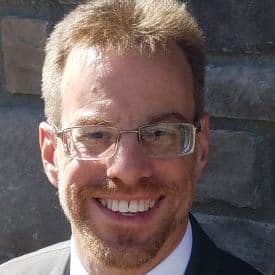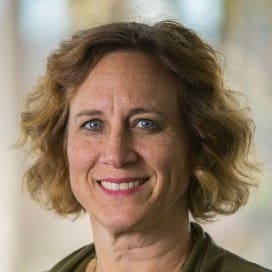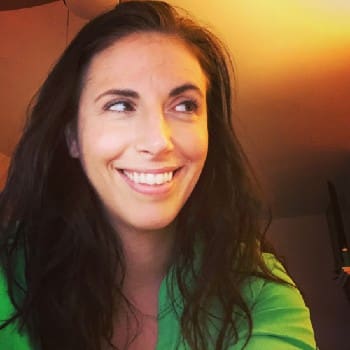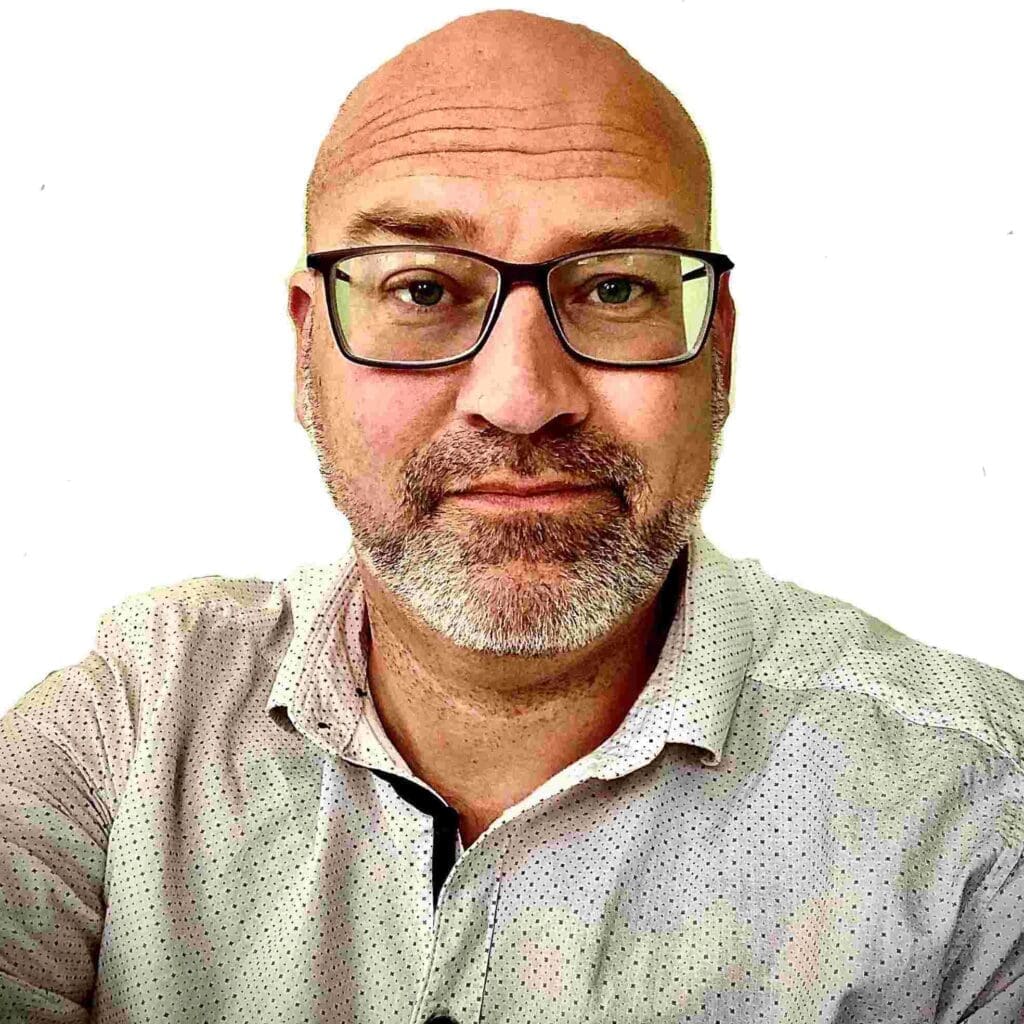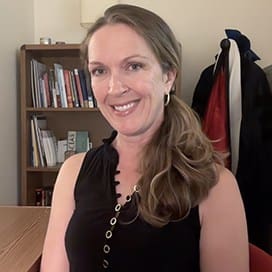Master’s Concentration
Social Enterprise Innovation and Entrepreneurship
When you apply business best practices to a nonprofit mission, great things happen. Around the globe, social enterprise models are achieving measurable impact in diverse cultural and market contexts. In this graduate certificate program in Social Enterprise, Innovation, and Entrepreneurship, you’ll address key social problems by developing and launching a social enterprise idea adapted to region-specific global conditions. Understand the financial insights and language of funding, prototyping, scaling, marketing, and measuring impact of social enterprises and innovations.
We're Here To Help
*Indicates a required field.
At a Glance
Classes Begin
June 17
Term Length
10 Weeks
Master's Degree
Tuition
$40,032

Top-Ranked University
U.S. News & World Report Rankings

Talk to an Enrollment Manager
Katelyn Phillips
303-871-3014
Schedule an appointment
Email me
Free Application
University College is committed to educational access, and given the difficult circumstances currently impacting millions of people, we are waiving application fees.
Skills You’ll Learn
Develop practices that advance equity as an integrated component of organizational strategy
Design solutions that meaningfully leverage diversity to achieve organizational goals
Integrate an understanding of social and cultural difference to better inform interpersonal communication and problem-solving strategies
Curriculum
Master of Arts in Global Community Engagement with
a concentration in Social Enterprise Innovation and
Entrepreneurship requires completion of 48 credit hours
(12 courses).
5
Core Courses
4
Concentration
Courses
3
Elective Courses
Featured Instructors
Sample Schedule
Plan out your schedule and determine your preferred timeline for completing your master's degree—finish in as few as 18 months or take up to five years.
Take a Course Before You Apply
Career Outcomes
Predicted outcomes for graduates of Social
Enterprise Innovation and Entrepreneurship
the world’s purchasing power is located outside of the United States,
inspiring businesses to venture overseas. Career opportunities
continue to grow for professionals who possess a sophisticated
knowledge of timely global issues and trends, and who can work
effectively across diverse organizational structures.
diversity of the American population continues to grow including
workplace and school populations. This academic year, Aurora Public
Schools had students from more than 130 countries that spoke more
than 160 languages, and 36.8% of students at Denver Public Schools
were English language learners. As diversity grows, cultural
competence will be a crucial skill for professionals that work with
diverse populations.
Job Titles
Cross-Cultural Trainer
Business Consultant
International Relations Specialist
Program Officer
Policy Analyst
Public Affairs Manager
Program Officer Salary: National Average
$66,717
(Glassdoor)
Get Ahead with Career Services
One-on-one career coaching and mock interviews
Job database dedicated to DU students and alumni
Résumé and cover letter guidance
Hear from Our Students
Theme: Job Satisfaction
Global Community Engagement
Flexible Online Classes
We understand the demands of balancing work, friends and family, and school can be challenging. That's why at University College, you can complete your program entirely online. Our online learning platform makes it easy to work anywhere at any time.
Accreditation
Higher Learning Commission
University College programs maintain the highest level of accreditation offered by The Higher Learning Commission, one of the regional accrediting bodies recognized by the federal government. The University of Denver and all of its academic programs are regionally accredited by this commission, and regional accreditation is the highest standard for universities in the United States.
Take the Next Step

